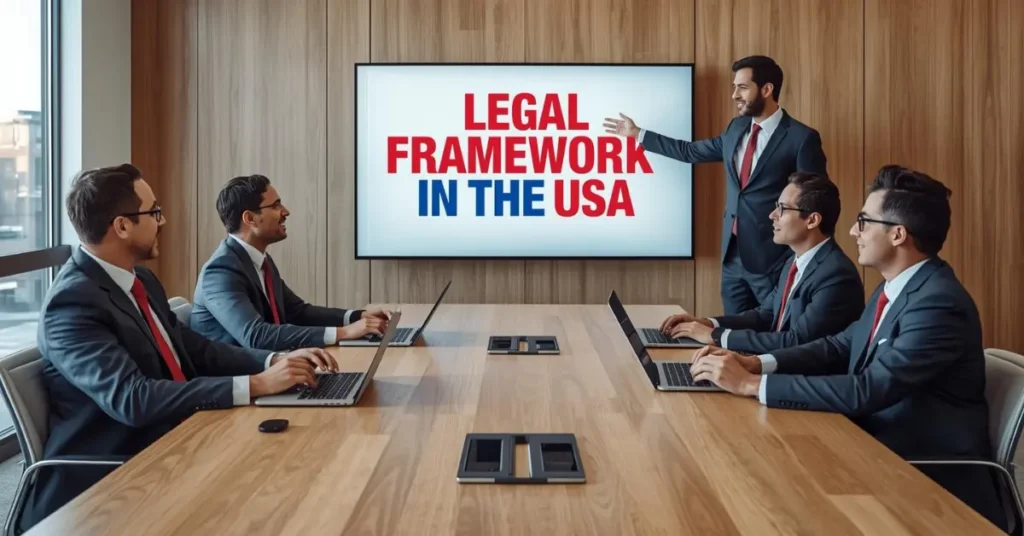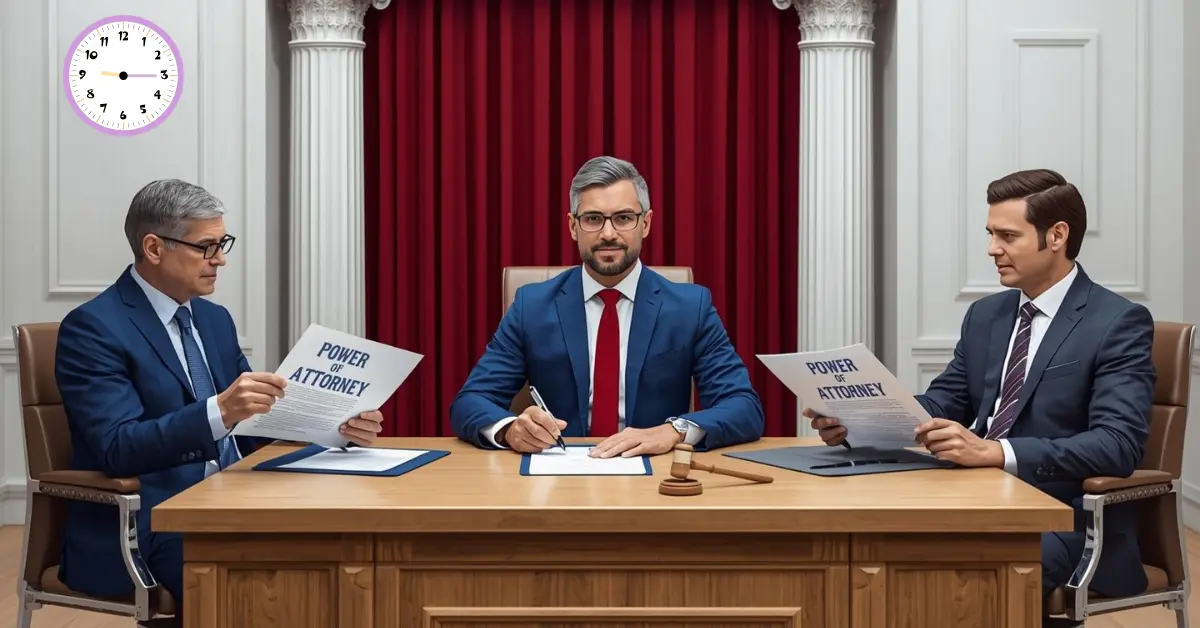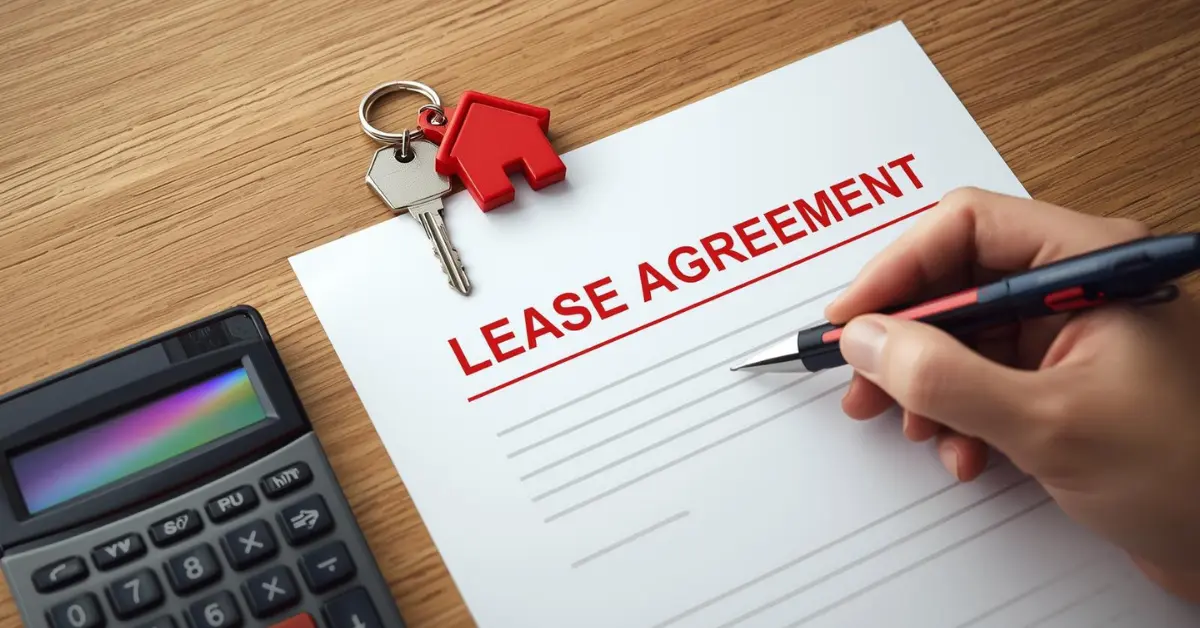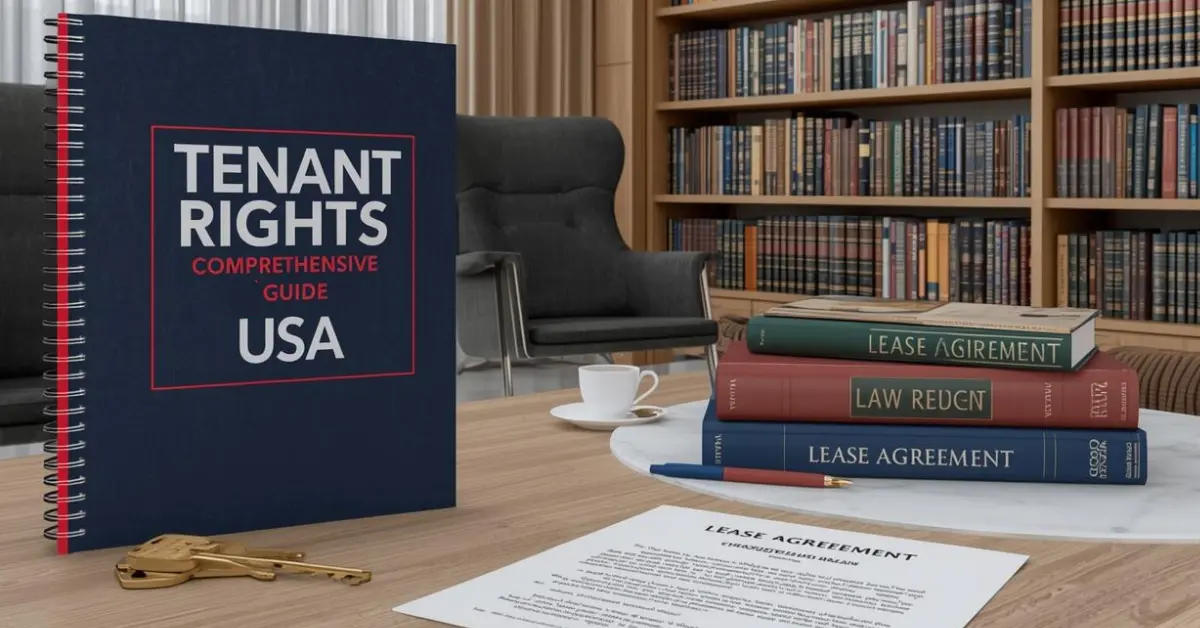A Power of Attorney (POA) is a legal document that grants one person, known as the agent or attorney-in-fact, the authority to make decisions on behalf of another person, the principal. These decisions can range from financial management to handling matters related to property ownership.
When it comes to property transactions, many people wonder if a POA can be used to change the ownership of property. While a POA can give an agent significant powers, transferring ownership of property is not as straightforward. The ability to transfer property ownership through a POA comes with specific legal frameworks and limitations that must be carefully followed.
In this guide, we’ll explore how Power of Attorney works in property ownership, the legal processes involved, and the safeguards you should consider to prevent potential abuse.
What is a Power of Attorney?
A Power of Attorney is a legal tool that allows the principal to appoint someone (the agent) to make decisions on their behalf. While the principal retains ultimate control, the agent can act in a variety of matters, such as managing finances, signing documents, or handling property transactions.
There are different types of POA documents:
- General Power of Attorney
Grants broad authority to the agent across multiple areas, including finances, legal matters, and property.
- Durable Power of Attorney
Remains in effect even if the principal becomes incapacitated.
- Limited Power of Attorney
Restricts the agent’s powers to specific tasks, such as handling property transactions.
In the context of property, the Limited Power of Attorney is often the one that covers property transactions. This allows the agent to manage, sell, or transfer property, but only if explicitly stated in the POA document. If you’re unsure about the legal implications, it’s advisable to find a Family Law attorney to guide you through the process.
Can a Power of Attorney Change Ownership of Property?
Yes, a Power of Attorney can give an agent the authority to transfer property ownership, but this ability is not automatic. The POA document must explicitly grant the agent this power. Without clear language stating that the agent has the authority to transfer ownership, the agent cannot make such decisions.
In addition to the POA language, several factors influence the ability to transfer property:
- Explicit Granting of Power
The POA must specifically state that the agent is authorized to transfer property ownership. If this is not mentioned, the agent cannot act.
- Principal’s Mental Capacity
The principal must be mentally competent at the time of the transfer. If the principal becomes incapacitated, complications may arise, and the POA may be challenged.
- Legal Safeguards
If there is any suspicion of misuse, legal authorities can intervene to protect the principal’s interests. The principal can also revoke the POA at any time while they are still mentally capable.
Limitations on Transferring Ownership
The following limitations apply to the transfer of property under a POA:
- Explicit Power
The POA must clearly state that the agent has the power to transfer property.
- Self-Transfer Restrictions
The agent cannot transfer property to themselves unless the POA specifically allows this. This is often a point of scrutiny to avoid conflicts of interest.
- State and Provincial Laws
In many regions, there are additional regulations that govern property transfers under a POA. These can include requirements for notarization or local registry filings.

Legal Framework for Property Transfers in the USA
In the United States, property transfers through a POA are subject to state-specific laws. These laws dictate what language must be included in the POA document and the process for transferring property titles, similar to how situations like living with you without a lease may have legal implications depending on the state.
For example:
- California and Texas
Both states have specific rules for POA-related property transfers. The agent must follow state-specific procedures for title transfer. In some cases, the POA must be notarized or filed with the county or state registry.
- Notarization
Many states require that the POA be notarized for it to be valid for property transfers. This ensures authenticity and helps prevent fraud.
- Title Transfers
A POA document must comply with title transfer rules to ensure the legal transfer of ownership. Some states require additional documentation to ensure the transfer is legally binding.
Legal Framework for Property Transfers in Canada
In Canada, property ownership transfer under a POA is similarly regulated by provincial laws. Each province has its own requirements for notarization, and often, the property transfer must be registered with local or provincial authorities.
A key consideration in Canadian property law is the potential conflict with the principal’s estate plan or will. If the POA contradicts the principal’s will or estate plan, legal issues can arise, and probate courts may intervene. Therefore, consulting with legal professionals is critical when dealing with property transfers under a POA.
Risks and Safeguards in Property Transfers via POA
One of the primary risks when granting property transfer powers to an agent under a POA is the potential for abuse of power. The agent may take advantage of their authority, leading to unauthorized or unfair property transfers.
To mitigate this risk, principals should:
- Revocation
If misuse is suspected, the principal has the right to revoke the POA at any time.
- Legal Oversight
A lawyer can draft the POA to ensure there are clear limitations and protections for the principal.
- Regular Monitoring
It’s recommended that the principal or a trusted third party regularly monitor the agent’s actions to ensure compliance with the principal’s wishes.
Before granting a POA that includes property transfer authority, principals should fully understand the legal implications and put safeguards in place.
Specific Scenarios in the USA
There are some specific scenarios where the use of a POA in property transfers raises additional questions:
Can a Power of Attorney Sell Property in the USA?
Yes, a POA can allow the agent to sell property, but only if the POA explicitly grants this authority. Each state may have additional requirements, such as notarization or registration of the transfer.
Can an Agent Transfer Property to Themselves in California?
In California, an agent can transfer property to themselves only if the POA document explicitly permits it. This type of transfer is highly scrutinized to prevent conflicts of interest and fraud.
Can an Agent Transfer Property to Themselves in Texas?
Similar to California, Texas law requires explicit authorization in the POA document for the agent to transfer property to themselves. Without such explicit authorization, the transfer is prohibited.
Who Can Override a Power of Attorney in the USA?
The principal always has the right to revoke a POA as long as they are mentally competent. Additionally, courts can intervene if the agent is abusing their power or acting in bad faith.
Conclusion
In conclusion, a Power of Attorney can change ownership of property, but only under very specific conditions outlined in the legal document. It is crucial that the POA document is clear, precise, and legally valid.
Both the USA and Canada have state or provincial regulations that must be followed, and principals must understand the risks involved in granting such powers. Legal advice is essential when considering granting a POA for property matters to ensure protection and compliance with the law.
If you are thinking about granting a POA that involves property transactions, it’s always best to consult with a lawyer to avoid disputes and ensure your interests are fully protected.




